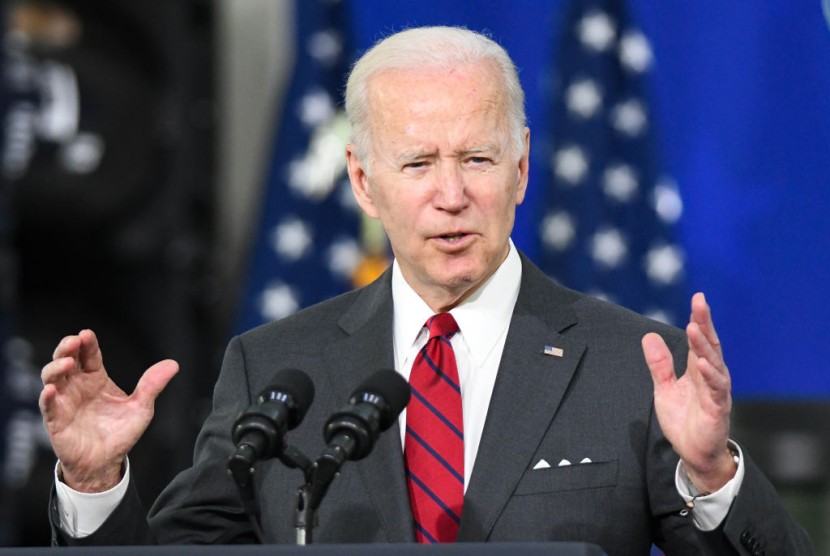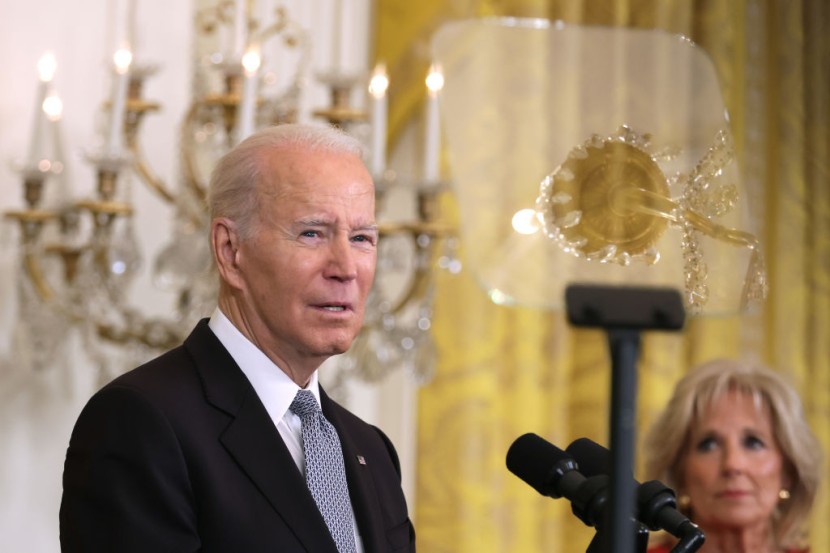
United States President Joe Biden has signed the House bill, which ends the COVID-19 national emergency right away, over three years since former president Donald Trump signed it into law in 2020.
The White House announced that the President of the United States (POTUS) signed the bill into law, ending the national emergency in the country.
Biden Ends COVID-19 National Emergency
According to Politico, the Biden administration initially wanted to extend the COVID-19 national emergency in the country until May 11. The White House also previously announced that it plans a similar extension on the separate public health emergency. But despite that, the POTUS has now signed the bill that seeks to end national emergency in the country.
The New York Post reports that the White House announced that Biden signed the legislation on Monday, April 10. A statement says, "The President signed into law: H.J.Res. 7, which terminates the national emergency related to the COVID-19 pandemic."
It is worth noting that the House Republicans create bills that aim to end not only the COVID-19 national emergency but also the public health emergency in the US. However, the President only signed the law that ended the former. The legislation takes into effect as the country continues to see a decline in the number of new COVID-19 cases.
Read Also : Transgender Regulation: Biden Administration Proposes New Rule on Trans Athletes in Schools

White House's Opposition
Although Biden signed the bill into law, the White House previously opposed these bills. Previously, the POTUS believed that the resolutions by the House Republicans were "a grave disservice to the American People," Politico notes in its report.
On top of that, the Biden administration further warned that an immediate end to the national emergency is likely to "create wide-ranging chaos and uncertainty throughout the healthcare system." The statement explains why the White House opposed the bill to end the declaration abruptly.
Representative Paul Gosar, R-Ariz., drafted the legislation. It was passed in the House last February with 229-197 votes, primarily from Democratic supporters, as per a report by The New York Post. Meanwhile, the Senate voted 68-23 last month, or in March, to be more precise.
Even if Biden opposed the bill aiming to end the emergency declaration, Politico notes that the President previously made it clear that he does not plan to veto it. The POTUS assured Senate Majority Chuck Schumer last March. And the President kept his word. He recently signed the bill into law. The question is: what happens now that the national emergency for COVID-19 has officially ended in the US?
It ends some waivers for federal health programs, which extended a helping hand to various healthcare providers amid the pandemic. However, it does not affect the Title 42 border policy or the public health emergency declaration.








